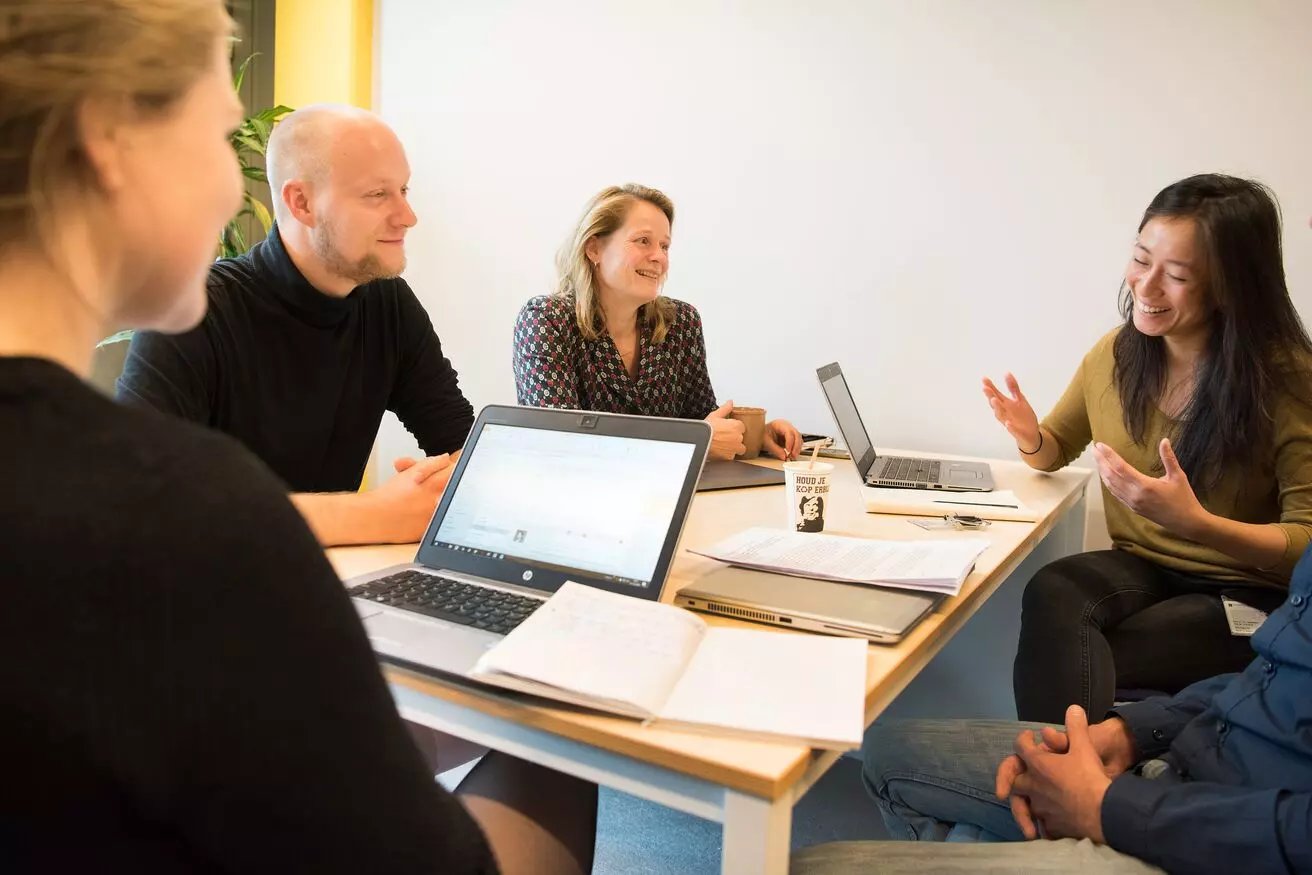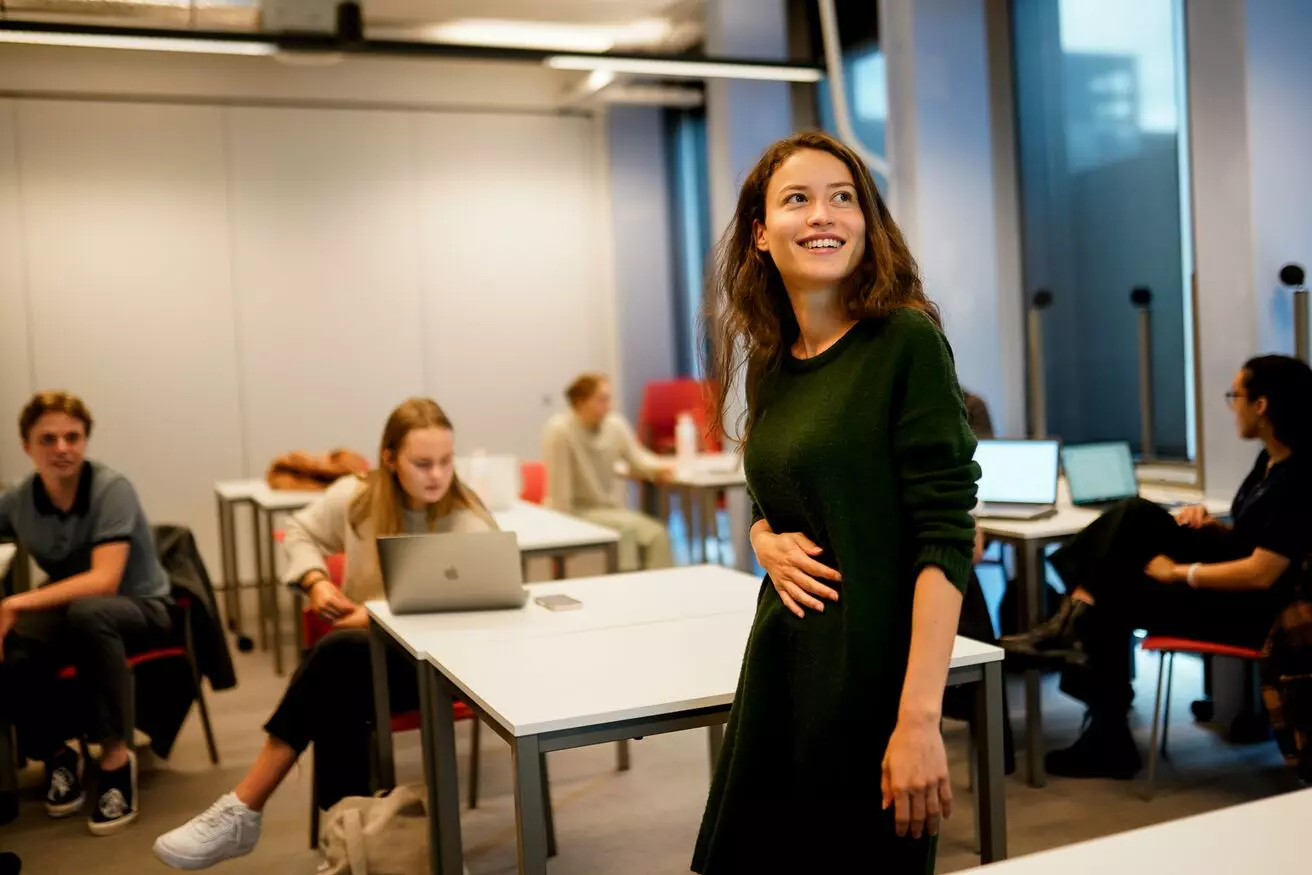Not found

More vacancies

PhD Position in Atom Interferometry
- Faculty of Science
- €3.059 - €3.881
- Closes on31-08-2025
- Master's
- 38 hours
Are you eager to push optical atomic clocks to new levels in a lively, international research group? Do you enjoy creating complex machines that have never existed before? Do you want to explore physics that nobody else has seen? Maybe you want to join our team as a PhD on our journey to continuous cold and ultracold atom interferometry. We are the QG&QI group at the University of Amsterdam and you can read more about the project here.
View vacancy

PhD Position for Advanced Nearest Neighbour Models for Active Matter
- Faculty of Science
- €3.059 - €3.881
- Closes on10-09-2025
- Master's
- 38 hours
Would you find it exciting to work on both theoretical and applied mathematics and experience how they can simultaneously advance each other? Would you enjoy working in an interdisciplinary research group? Would you like to work on a project that might resonate with multiple aspects of your background and interests? Do you find satisfaction in communicating mathematics well? Then we are looking for someone just like you to join our research project. We are a team of four mathematicians working on mathematical theory relevant to active matter, together with two scientists who work directly with active matter. We are seeking a highly motivated colleague to collaborate with us in develop new mathematical theory motivated by active matter applications.
View vacancy

Junior Lecturer Artificial Intelligence (MSc AI)
- Faculty of Science
- €3.546 - €5.538
- Closes on25-08-2025
- Master's
- 38 hours
Are you interested in making a valuable contribution to the education of students in our Master of Artificial Intellingence program? Do you want to be part of a program that has been renowned for years for its high quality and intensive approach to teaching artificial intelligence? Then apply now for the position of Junior Lecturer in our Master of Artificial Intelligence program!
View vacancy
This website uses cookies
We, and third parties, use cookies on our website. We use cookies to ensure that our website functions properly, to store your preferences, to gain insight into visitor behavior, but also for marketing and social media purposes (showing personalized advertisements). By clicking 'Accept', you agree to the use of all cookies. In our Cookie Statement. you can read more about the cookies we use and save or change your preferences. By clicking 'Refuse' you only agree to the use of functional cookies.
